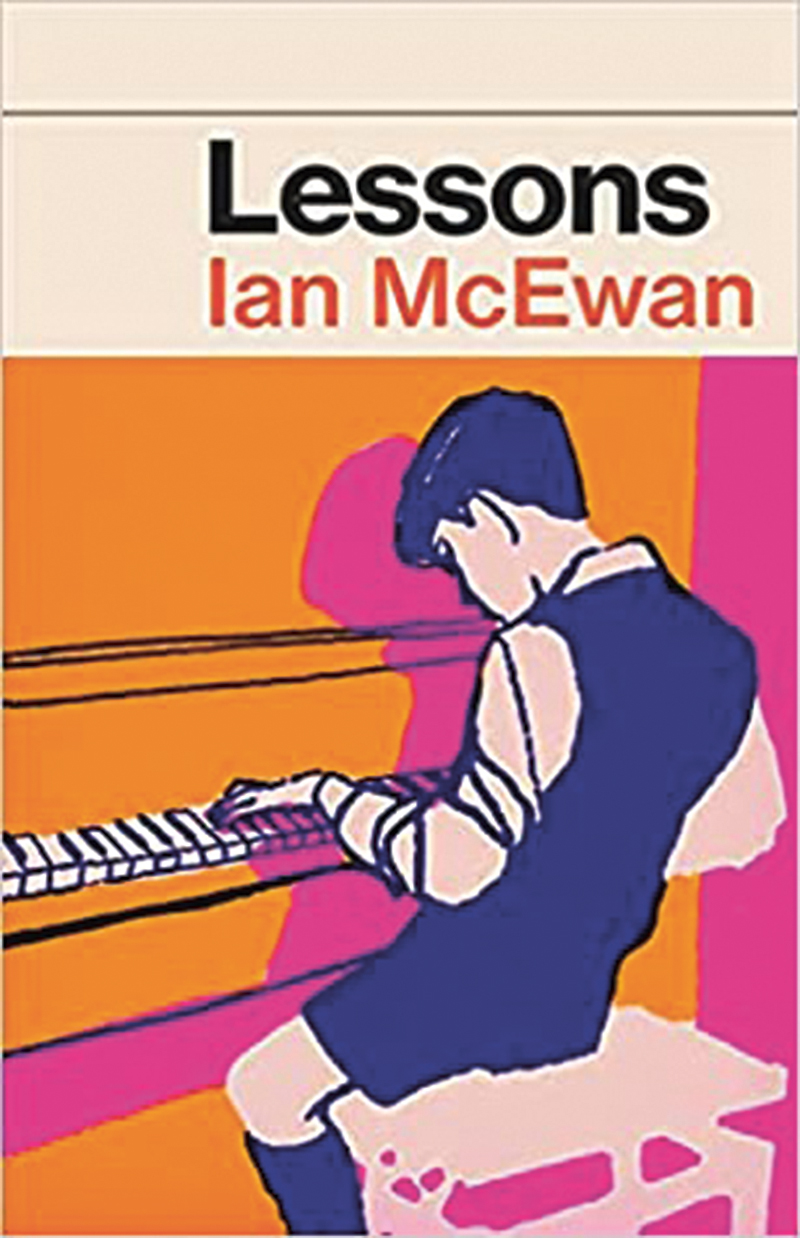Discomfited is the best word to describe Ian McEwan’s fictional world. He is the master of the half-surprise, the nightmarish possibilities of the seemingly common character. Mixed with a solid grasp of history and his characters’ places within its tumult, this psychological acuity is his main appeal. Some call it manipulation, others see it as skilful suspense.
Nevertheless, his novels do speak of a world easily recognisable and yet unerringly disturbing: the English gardens and war tragedies of Atonement, the political turmoil in Black Dogs, the hauntingly silent, fork-rattling tragedy of On Chesil Beach. Few can describe better what it felt like to have seen the history of the last half-century unfolding around them.
Lessons seems a suitable title, then, for what could be read as McEwan’s farewell novel. Truth and fiction from the author’s life are woven into a satisfyingly autobiographical tale which would seem contrived enough without us knowing. Roland, with whom the narrator maintains a distance while sharing a lens, grows up with an unsettled family in Libya: a mother and father forced into perpetual silence over a family secret. Sent off to boarding school, Roland’s youth is prematurely ended by the attentions of his piano teacher.
The shadows of their troubled relationship stalk his life – its loves, divorces, deaths and regrets – and obscure any hopes of a purpose in his existence through the long and uneasy peace of the postwar world.

September 13 (Vintage, £20)
Yet the sheer weight of the narrative, the multiple highlights of a whole life, mean this one event does not take a hold on the story as in McEwan’s most renowned passages. The violent possibilities of childhood memory are not so stark, or convincing. At the end, we are told that there are no takeaway life hacks, no easily understood solutions from what we have read – it would be a “shame to ruin a good tale by turning it into a lesson”. McEwan’s lack of didacticism, apart from in his rather tedious diversions to contemporary politics, is mostly welcome. But if we learn nothing, it cannot be enough simply to revel in a portrait of an unspectacular life, however well described.
We can, though, revel still in his prose, and should not forget that this is the gift which has secured his success. On the “shaming inadequacies of memory”, the fate of the world and the responsibility of his generation, few can turn a phrase so exquisitely and with such a grasp for the reader’s heart and mind at once. All of that is on display here, used in the service of McEwan’s unchanged and unique tendency to describe his characters in a way we can empathise, know and care for, but never truly share. That is good fiction, and it can be as enjoyable as this book surely is when, as Roland quotes Auden, we can pardon anyone in the end for writing so well.









